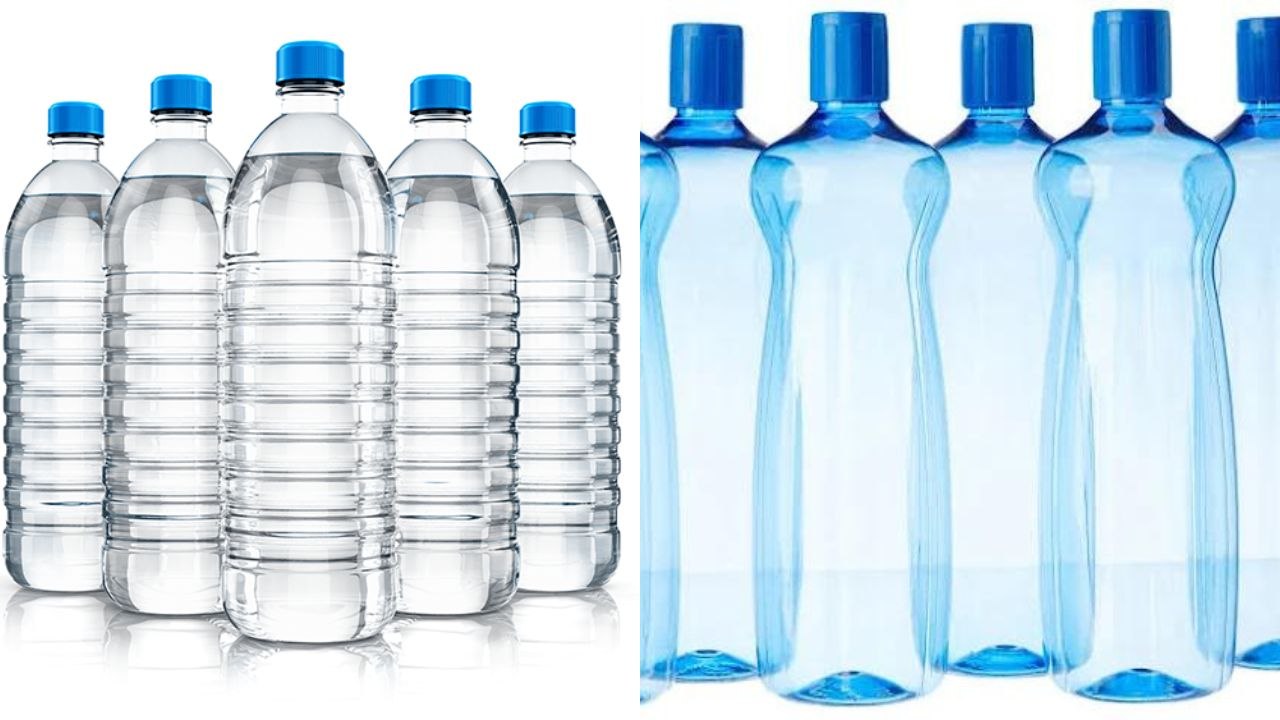Welcome to our guide on “Wellhealthorganic.com Know Why Not To Reuse Plastic Water Bottles Know Its Reason In Hindi“. Everybody knows how much single-use plastic water bottles add to pollution. If you still use them, you may have thought of lessening your environmental effect by recycling each bottle yourself—that is, filling it up with water and using it again.
Can water bottles be reused? What other options are available?
Table of Contents
- 1 What is “Wellhealthorganic.com Know Why Not To Reuse Plastic Water Bottles Know Its Reason In Hindi“?
- 2 The Complete Argument Against Refilling Plastic Water Bottles
- 3 They Impact Hormones
- 4 Its Bacteria
- 5 They Pollut the Environment
- 6 Prices were increased
- 7 Replacing Plastic Water Bottles
- 8 Conclusion-
What is “Wellhealthorganic.com Know Why Not To Reuse Plastic Water Bottles Know Its Reason In Hindi“?
Plastic particles smaller than 5 mm are present in plastic water bottles and slowly accumulate in human systems due to their slow degradation. These bottles may contain germs and toxins that can contaminate the water.
You bring fresh germs into the water when you refill a bottle. Especially if you have a chronic disease or are immunocompromised, this might result in sickness.
Only particles smaller than 1.5 μm (1.5 micrometres) may be swallowed or absorbed because of their solubility and direct excretion, according to the World Health Organisation.
Thus, bottled water microplastic particles (less than 1.5 μm) may pass through the intestinal wall and enter the gut, liver, and lymph nodes among other bodily organs.
The mere fact that minute particles (less than 1.5 μm) infiltrate cells or tissues may irritate them just by existing as an alien presence, inflaming lung tissue and perhaps resulting in cancer.
Chemical poisoning has been associated with the buildup of these particles in human tissues.The ecology suffers as well from these bottles.
The Complete Argument Against Refilling Plastic Water Bottles
Our drinking water and the containers in which we keep it deserve our utmost care. Many people these days use plastic bottles only to throw them away. The need of knowing the potential hazards is highly important. The reasons given below support not filling these bottles:
They Impact Hormones
The chemical bisphenol A (BPA) is one of the reasons not to refill these bottles. A lot of times, this chemical is used for making plastics. It has been linked with many health problems in humans and animals alike.
Research has demonstrated that BPA impedes ovulation and lowers egg quality in humans as well as other animals. Animal studies have also exhibited links between exposure to BPA and diabetes, insulin resistance, and obesity.
Its Bacteria
Bacteria might be another reason not to drink water from a refilled plastic bottle. As you top up the bottle, fresh bacteria are added to the water. Particularly if your immune system is compromised, this might result in disease.
Plastic water bottles arranged in their dozens
Makw sure these bottles are well cleaned before you are about to reuse them. To do this, add a drop of dish soap and hot water into the bottle. Afterward, rinse the bottle thoroughly with clean water by spinning it a few times.
They Pollut the Environment
These bottles, if not used again or turned into something new in the right way, are bad for the environment. They end up in trash areas and burning places, which makes harmful stuff go into the air.
As plastics degrade, they release toxic substances into the water and environment, posing challenges for nearby plant and animal species. It is important to mention that the toxicity of plastics intensifies as they deteriorate.
Prices were increased
Instead of always buying new bottles, it saves more money to buy a reusable water bottle and keep refilling it from the tap.Not only this, but also that these bottles can be used again make them good for the environment. The utilization of reusable water bottles entails a lower cost and benefits the environment more effectively compared to constantly purchasing new drinking vessels.
Replacing Plastic Water Bottles
Hearing about all the possible risks associated with plastic water bottles should worry you. However, there are secure alternatives, so don’t panic. These are some of the best options:
A beached Hydro Cell water bottle on the sand
These water bottles are made from premium, food-grade stainless steel. They thus lack BPA and all other potentially dangerous substances.
Glass water bottles: Toxins cannot seep into your water from glass water bottles since they are chemically free.
Comparing copper water bottles to plastic ones, which may leak dangerous chemicals into the water, they are also superior.
Reuse quickens the erosion of the bottle’s inner surface, releasing more microplastic particles.
Cooling and drying, not only for avoiding heat but also sunlight. Breaking bottles under the sun leads to faster release of microplastic particles because they become more fragile.
These PET bottles also leak chemical contaminants, including plasticizes, which might pollute the water, due to the heat.
In excess, these substances—phthalates and bisphenol A (BPA) for example—can be dangerous to human health.
Conclusion-
The environment, your pocketbook, or your health are not all well served by plastic bottles. Repeated use of them is not safe since they may develop germs or leak dangerous chemicals into your water; a single-use plastic bottle can spend 450 years in a landfill. In other words, it is wisest to bid plastic water bottles farewell permanently.

An author of Magazine Bull, We collaborate with clients to develop guest posting strategies that align with their unique goals and target audiences. Magazine Bull delivers useful and quality content about Business, Technology, Social Media, SEO, Finance, Life Style, Health, E-Commerce etc.
For any types of guest posting services, contact us on magazinebull@gmail.com

